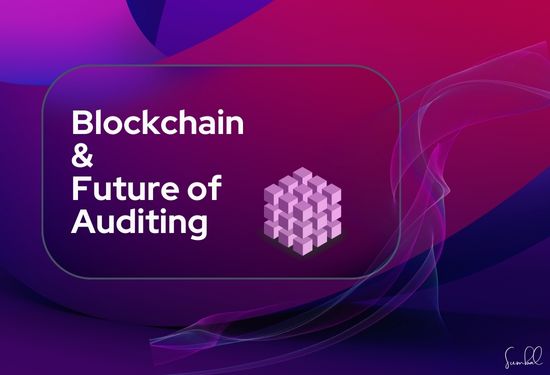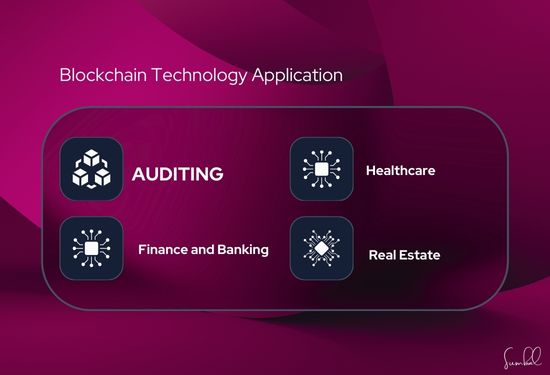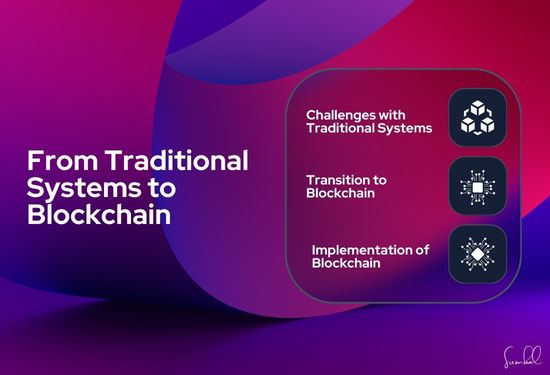Blockchain technology has risen in recent years, and auditing is no exception. Historically, auditing has involved several manual procedures where the auditors verify the numbers on documents through logical calculations. Thus, the main benefits of blockchain for auditing are the optimization of processes, transparency to minimize fraud risks and the formation of a solid foundation for reliable financial reporting and economic activity.

The Fundamentals of Blockchain in Auditing
Blockchain is the distributed database shared across a network of computers used to record transactions securely and unchangeably. Each piece of data that goes into the blockchain is time-stamped, checked, and encrypted, which makes hacking almost impossible. These attributes make blockchain a valuable source of financial information that auditors can use to check on transactions more accurately than ever before.
Regarding blockchain technology, auditing has transitioned from a sample-based, point-in-time verification to a real-time auditing approach. Several changes, which give auditors more direct access to records and information and remove middlemen, allow auditors to verify records faster and more effectively. Additionally, every Blockchain transaction is recorded and cannot be altered or removed, reducing the possibility of fraudulent modifications.
Reducing Fraud Risks and Enhancing Transparency
Checking financial data in a standard audit requires paper tracking, which takes a long time, involves several layers of middlemen, and has inherent risks of failure or manipulation. On the other hand, blockchain is a distributed ledger that transparently records every transaction. This ledger is shared and open to any individual who is a network member; therefore, it can be audited in real-time, and you can follow the history of any transaction until its first occurrence.
Blockchain's transparency proved to be a significant way of minimizing situations associated with fraud since any changes would be noticeable to those in the blockchain network.

Automating Compliance Through Smart Contracts
Another invention that enhances accurate financial reporting is smart contracts, which are also part of blockchain technology. When certain prescribed conditions are fulfilled, the smart contracts perform the required transactions without requiring human intervention. This ensures that each transaction complies with the set compliance norms without any human interference.
To auditors, these smart contracts make compliance verification easier. They can analyze the code to determine whether or not the transactions are in compliance with regulatory and reporting requirements. They also reduce the likelihood of human errors and improve the credibility of the data to be audited.

Improving Efficiency and Reducing Costs
Cutting the role of manual records checks and third-party verifications, the application of blockchain technology in auditing can reduce time and cost. In the case of auditors, this efficiency leads to sufficient spare time to provide more sophisticated, better added worth activities, such as threat evaluations and services.
Through blockchain, continuous auditing is made possible instead of checking and verifying data at different intervals. This real-time verification means that auditors are able to detect and correct mistakes as they happen, hence enhancing positive financial reportage. Consequently, similar to the previous advantage, companies reap enough from the cost-saving factor because auditors do not require so much labor, paper, and third-party approvals.

The Psychology Behind Buying Funds at Their Peak

How to Leverage Behavioral Finance for Smarter Investments

Credit Card Strategy: Maximize Rewards

Is Uber Stock Worth Buying? Could It Be a Potential High-Return Investment?

Online Insurance: Reliable or Trap for High Spenders?

Best Investment Apps

Virtual Fashion and Luxury: The Growing Market for Digital Wearables
